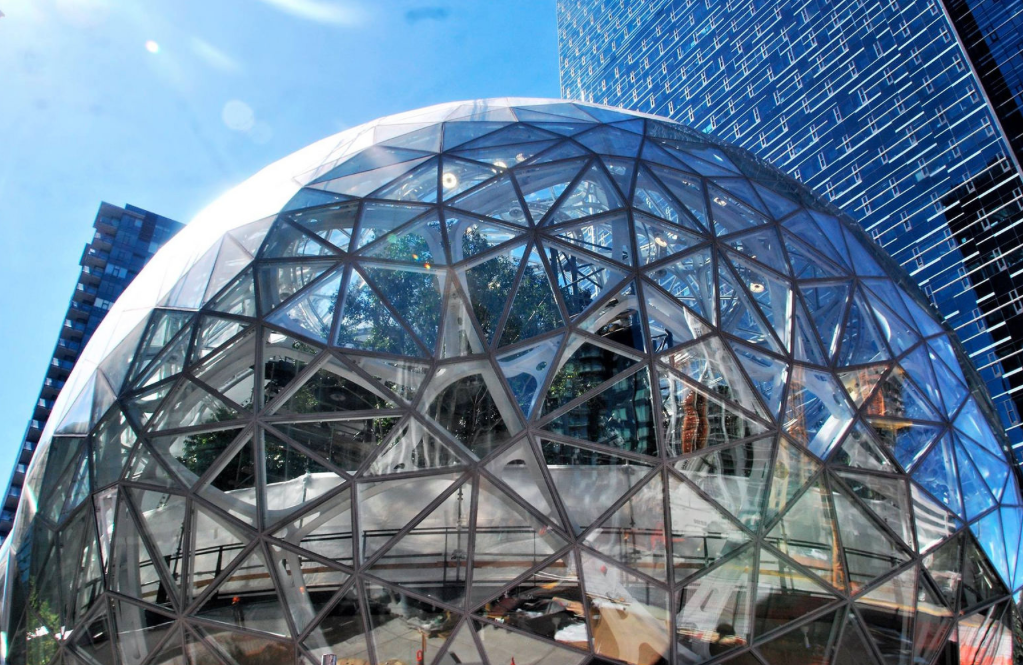Title Page
California Utility Customers May Be on Hook for Billions in Wildfire Damage. New York Times.
Introduction
Amazon HQ2 Isn't Coming to Texas. That's a Good Thing. Texas Monthly.
Even as those who dreamed of a transformed Austin or Dallas may mourn, there are plenty of reasons for others to breathe a sigh of relief. It would have heightened the cost of living, created spikes in real estate and commercial rent, worsened traffic, and warped the culture around it. For evidence, just look to Seattle, the home of Amazon’s first headquarters.
Executive Summary
Millennials are accused of a great many things. And researchers can't seem to decide if they will also be responsible for a long-lasting shift to urban spaces or if they're in fact just as suburban-inclined as other recent generations. But according to a new study of first-time homebuyers comparing Millennial and Generation-X buyers, Millennials may really be putting down substantial roots in urban areas. The analysis of more than 100,000 credit records between 2001 and 2016 found that the odds of a Millennial purchasing a first home near a city center were 21 percent higher than for Generation X.
While the researchers, Elora Lee Raymond and Yongsung Lee from Clemson University and Jessica Dill from the Federal Reserve Bank of Atlanta, controlled for a number of factors, they found that car ownership was one of the strongest predictors of whether a first-time homebuyer bought in the suburbs. "Owning one car corresponded with 21 percent lower odds, and those who owned two cars had 41 percent lower odds of purchasing homes in city centers," the study noted.
As Amanda Kolson Hurley writes in CityLab, this has clear policy implications for cities looking to retain Millennials, arguing that "...the U.S. must plan for higher densities and non-car mobility if the back-to-the-city movement is not a blip." Addressing affordability concerns, both for first-time buyers near city centers and longtime residents in those urban areas, is another possible policy implication here to make sure that people who want to live in cities can.
Conclusion
Placemaking is big business in the grant world, with accompanying undertones of consistent handwringing about the erosion of public space and engagement. With many cities reinventing and creating new public spaces, there's also been a steady undercurrent of resistance, most notably in the form of regulations targeting homeless populations.
"Many city and business leaders say setting basic rules of conduct helps ensure that public spaces can be enjoyed by everyone and addresses public health and safety concerns," writes Winnie Hu in the New York Times. "Advocates for the homeless counter that such measures are unconstitutional, target the homeless and keep out people who have nowhere else to go."
Endnotes
I wanted to take a moment to say thank you to the people who made our win possible, and to tell you more about how we did it. https://t.co/fstoCU1sCG
— Lina Hidalgo (@Lina4HC) November 13, 2018

